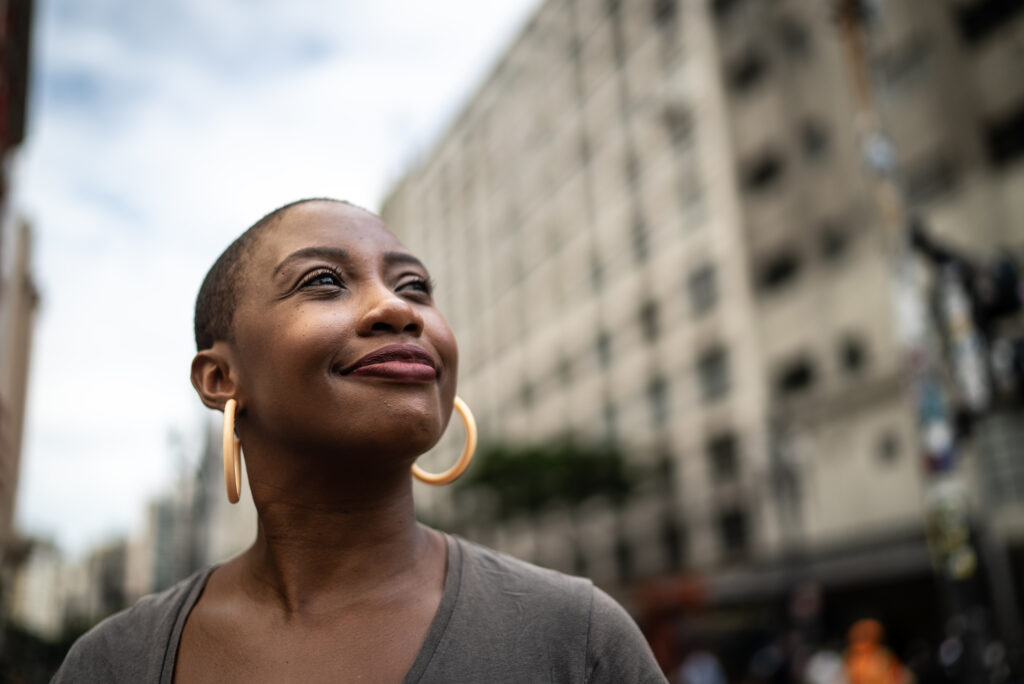
New medical treatments often come with great promise, but sometimes that promise doesn’t fully extend to Black Americans. “Populations of humans sometimes respond differently to different drugs,” said Dr. Pierre Theodore, Executive Director Health Equity at Genentech Roche, in a Facebook Live video on clinical trials with BDO.
“That can be sometimes because of genetic backgrounds or differences in one population versus another from a genetic perspective.” He added that “Often, it’s also the social environments and the different drivers that one population may be faced with versus another one.”
In other words, both genetics and environmental factors can cause a drug to impact one group differently than another. As Dr. Theodore noted, “We can’t even always tease apart how much of that is driven by genetics and how much of that is driven by environmental factors.”
Black women are missing from clinical trials
Ricky Fairley, a breast cancer survivor and CEO of Touch: The Black Breast Cancer Alliance, pointed to a concrete example of this problem. “We look back in history to look at the drugs that were made for breast cancer. Most of the standard of care drugs, adriamycin, taxotere, carboplatin, all the drugs that [breast cancer patients] take… Twenty to thirty years ago, there were no Black women in those trials.” This lack of representation in past clinical trials helps explain ongoing racial disparities.
Fairley highlighted that “Black women are getting breast cancer at twice the rate under the age of 35. And the statistics for Black women in breast cancer are horrible.”
Greater participation by Black Americans in clinical trials can help ensure that new treatments are safe and effective for all populations. As Dr. Theodore explained, clinical trials “allow us to understand the safety and the efficacy, that is how well does it work and how safe is it for all patients.” Without that full



















